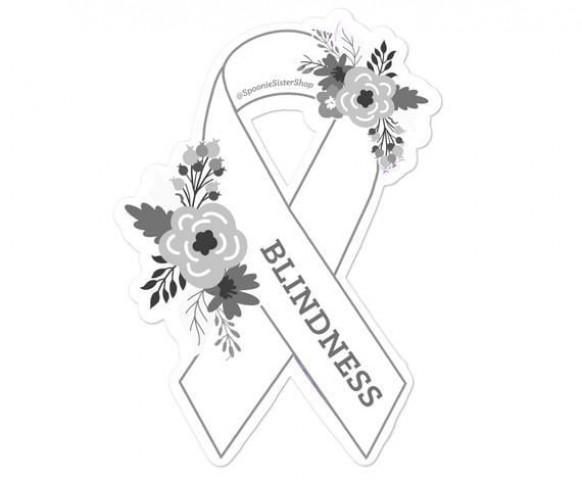Even if you have a visual impairment you can live an independent life. This is my belief as a visually impaired man. As learnt through my personal journey, once your needs are recognised and you start to understand what is happening everything becomes second nature to you. But how independent are you really? Who looks after daily tasks such as organising your commute and transportation to managing finances? When society doesn’t enable or help you, do you live with your family who seek to protect you or do you live independently? Who do you rely on to prepare meals, shop or even manage affairs related to your career and home? Without any help, how does a visually impaired person live? Perhaps the bigger question is, does one accept their impairment or does one try and live on their own terms. Do you walk with the help of a white cane, learn new technologies created for ones benefit, do you ask for help and rely on the people around you or do you manage the daily routine on your own?
All these questions have one answer. The key to success and the way forward in life, to achieve any and all goals is to have strong determination and will power. All these things are possible if they are things you want to do.
In order to successfully integrate one’s self into society and community without losing independence, visually impaired people need to accept their reality and learn minimal skills. And by doing so enable themselves to live a full life. Especially for children with such impairments, society must understand that at an earlier stage in life they have more opportunities to learn through other senses such as hearing, touching, tasting and feeling. Skills needed for communication, direction, mobility and simply daily tasks, can be learned and taught through use of modern technologies. Regardless of the fact that a child is visually impaired, parents play an imperative role in their growth. For a child in such a predicament, sometimes it is difficult to accept and live life with a positive attitude.
For a child to become self governing and independent, an adequate lifestyle is needed. At such an early stage, expert guidance is essential. Seeking help to raise their child might be difficult for some parents, but they need to resolve such feelings and learn what do and how to do it.
As people with vision need certain life guidance skills, visually impaired people need them too regardless of age. Individuals with blindness need to learn certain tasks in their youth, to take care of themselves and those around them.They range from hygiene practices such as washing, combing, cutting nails, to picking clothes in accordance with the climate and social environments and handling personal belongings. It is also important for them to understand healthy practices, such as knowing when to take their medicines.
All these tasks are possible with an organised lifestyle.Even financial services or aids to understand them, are not accessible to those with impairments, one needs to be able to distinguish between coins and banknotes and even learn how to sign papers. A key aspect of learning all the mentioned skills is spatial awareness. This includes understanding surroundings and the ability to move without a field of view, as well as the ability to use other senses to recognise landmarks, e.g. identifying and following noise or distinguishing between smells.
In addition, by adopting different techniques, visually impaired people should be equipped to walk in an unfamiliar environment. Children should be able to use search methods such as looking for fallen objects and other protection methods.
These orientation and mobility skills must be taught from childhood, as learning them is a gradual process. Equipments like white canes help the blind become more independent. In my personal journey, initially I felt a little ashamed of using it but once I realised that it made walking easier for me, I started using it when travelling alone. When seen with a cane people tend to be more helpful, while crossing the road, stopping a bus or buying groceries in a store. This helps me connect with people around me as well.
In conclusion, social experiences are very important for a child’s development. Visually impaired children need friends, both who share the same experiences as them and those who have vision. Children with impairments need to be taught communication skills, as they are the bases for tolerance in society. Our surroundings need to be made more inclusive, and people need to have more understanding towards those with impairments.



COMMENTS
Comments are moderated and generally will be posted if they are on-topic and not abusive.
For more information, please see our Comments FAQ